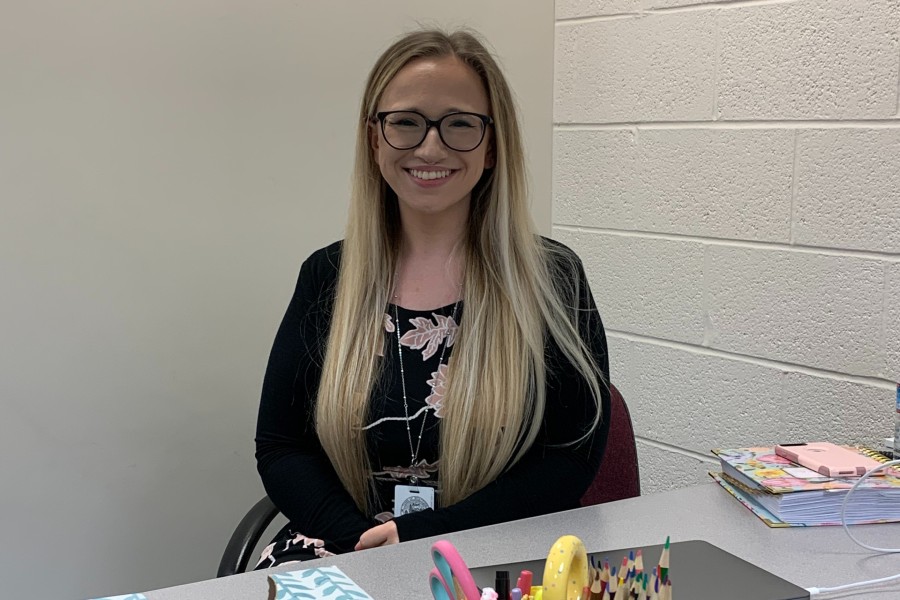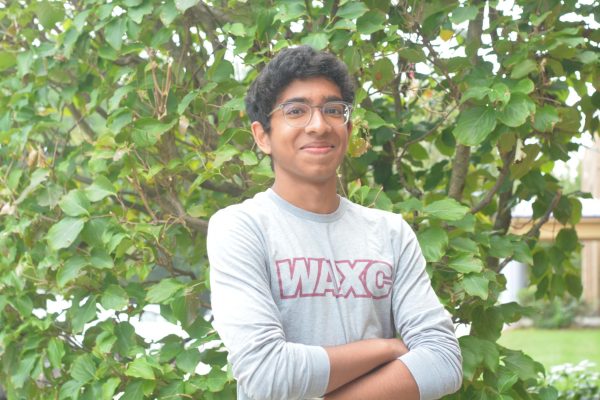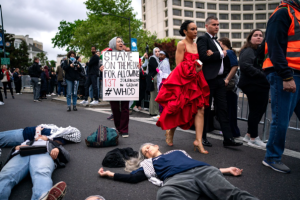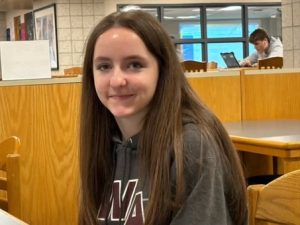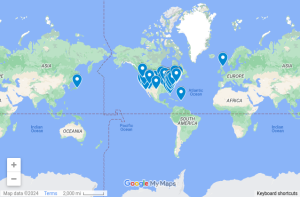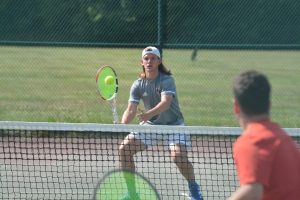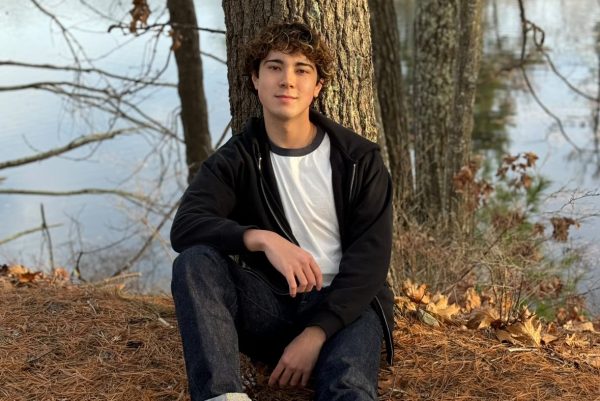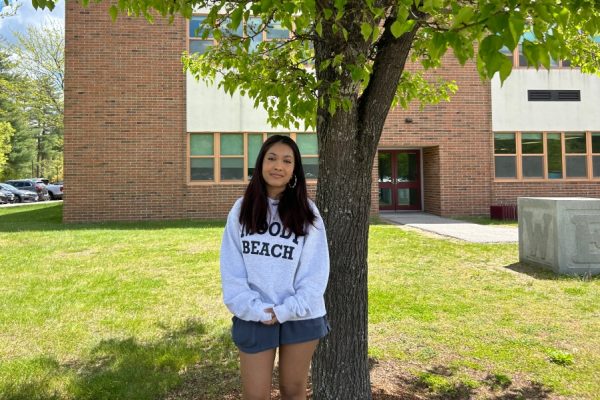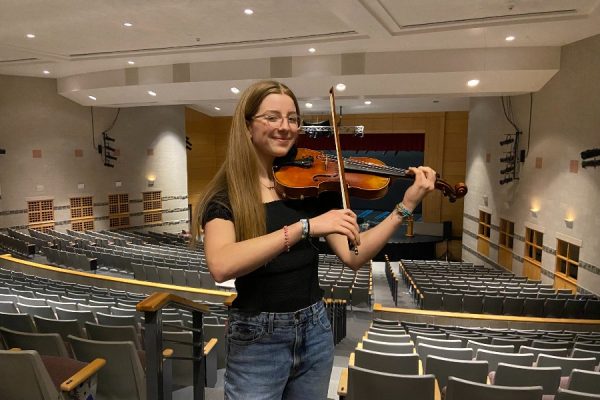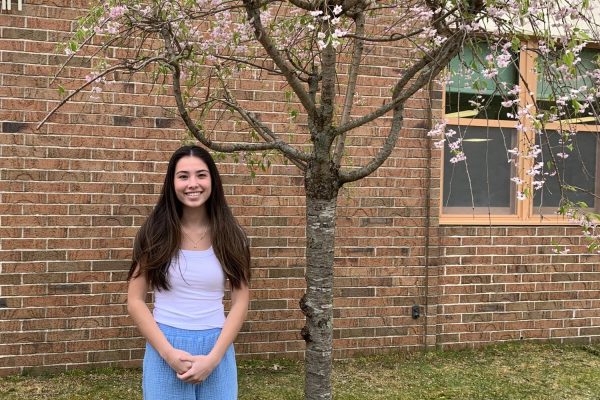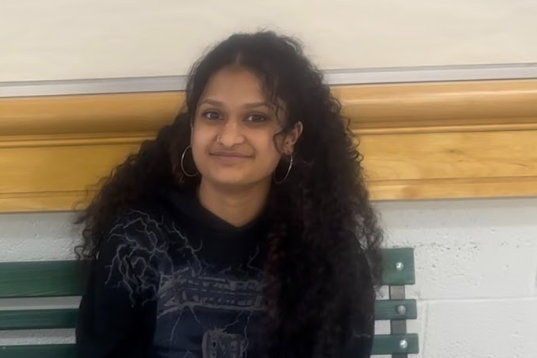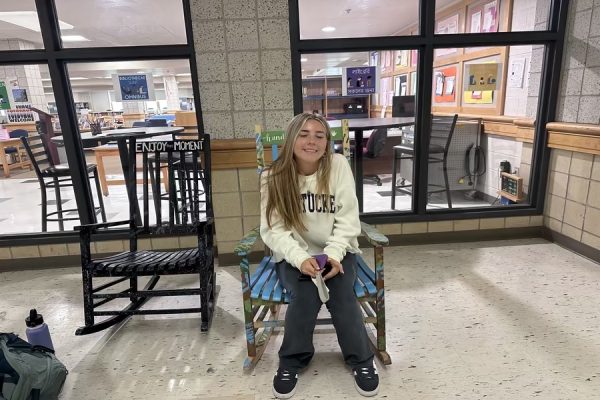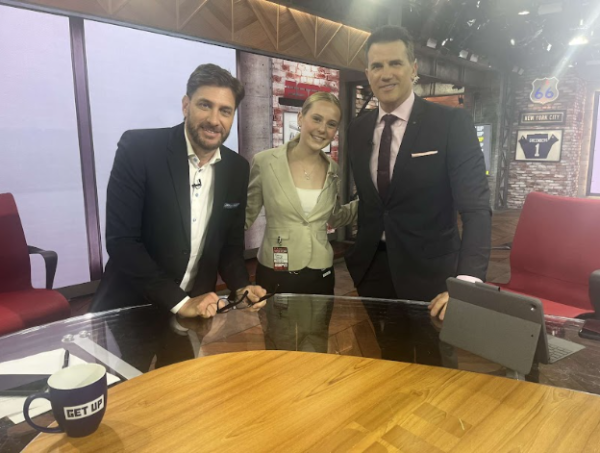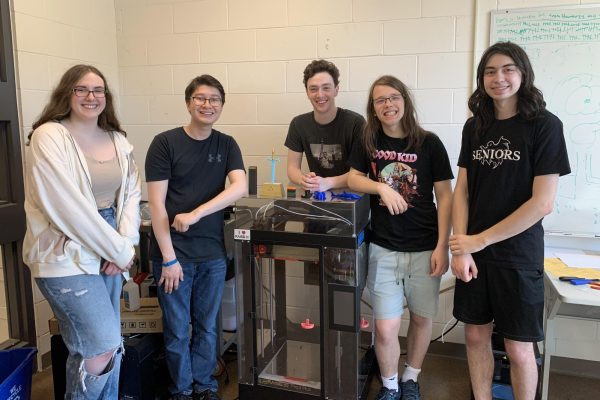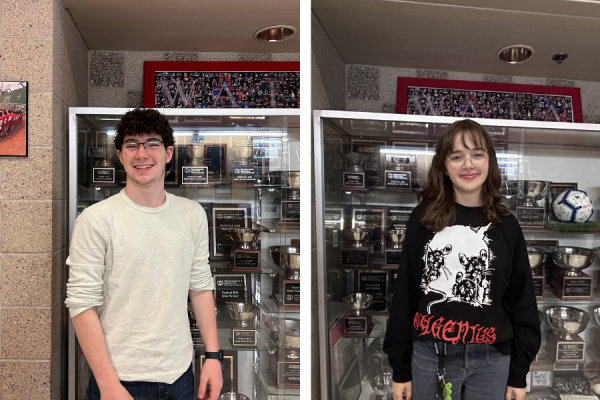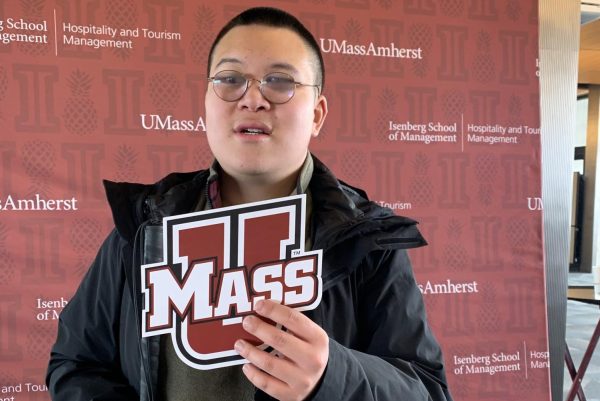Thieme continues stay at WA as school psychologist
Thieme poses for a picture at her desk.
October 12, 2022
Hanna Thieme started as an intern for the school psychology department in 2019. Since then, a global pandemic shut the world down, drastically changed the schedule of schools everywhere, and impacted countless students’ mental health. Luckily, Thieme stuck with WA and is now the school’s newest psychologist. The Ghostwriter published an article about the new staff member back in 2019, but now she has had a few more years of experience with students.
Q: How did you like your internship here in WA?
A: I liked it a lot. It was really nice to be able to work with the other staff and faculty here. It was interesting because it was right when COVID started. So I finished the rest of the internship remotely, but I definitely got a lot of helpful experience being here.
Q: How did you handle finishing your internship and beginning your career as the official school psychologist during the pandemic?
A: During the remote work, I still did a little bit of counseling with students. Then, the school psychologists in the district would create videos on just mental health topics. Mr. Kunia made some videos on emotion identification [and] different coping skills. They also made videos at the middle schools and elementary schools. I did professional development on different counseling techniques.
Q: You mentioned that you learned some things on mental health and it was a big problem during the pandemic, because students weren’t able to interact and a lot of them had to go remote. Did you see an increase or a decrease in the number of students you saw throughout the year?
A: I finished off my internship, and I met with a few students remotely. Then I got a job in New Hampshire, and during that year, I met with most of my students remotely. I think that there was varied participation. I know it was easier for students to connect in person, but I was very happy with the students who were able to show up. I know that it’s hard to have your camera on and do school and counseling related stuff from a home setting.
Q: What problems would you be able to help students solve as a school psychologist?
A: I work with students to help them identify their emotions, work on interpersonal skills, problem solve friendships, develop different coping skills, work on feelings of anxiousness and sadness, and then a little bit of executive functioning as well. So I help plan ahead, and figure out a good study space [for students].
Q: In an interview for the Ghostwriter in 2019, when you were starting your internship, you said that you didn’t know whether you liked working at an elementary school or high school better. Now that you’ve had some time to experience what it’s like to work in both environments, what are your favorite parts about working with both kinds of students?
A: So elementary students are really fun. They want a lot of energy and they’re just really funny. But high schoolers are the same way. I’d say the biggest difference is the counseling. I feel like with elementary schoolers, a lot of it is planning out lessons in advance and it feels more like teaching because that’s what’s the most developmentally appropriate. But I like that with high schoolers, you just go with the flow of the session. We’re able to talk a lot more. You can delve into more complex topics. I like being able to level with high schoolers and just the stuff that you cover is different.
Q: Now that you’ve spent some time at WA, have you become friends with any of your fellow faculty members you see around the school throughout the day?
A: I’ve been meeting some people that I hadn’t met when I was here during my internship, and then also I’ve been reconnecting with some of the school counselors here [at WA] and other staff members. So that was one of my favorite parts of being able to come back and I’ve already known some people.
Q: What are your favorite aspects of psychology and what made you want to get involved in the first place?
A: I’ve always liked working with students. I’ve also just been interested in how the mind works and I also really like math. When I learned about school psychology, I liked being able to test and report writing because that’s a big part of it. Being able to learn about how kids’ brains work, what things they’re really good at, or what things we can provide them for and then putting all together in one essay that help them but also, help them understand. I really like that. But then I also like how you can work with students to do counseling. You can work with outside service providers to see how they’re doing outside of school. You can work with families as well. If there’s ever something going on with a student, I can just run across and touch base with somebody or I can give a call home. I feel like being a school psychologist has a lot of impact both on how students learn and students’ mental health – it lets me do all the things that I’m interested in.
Q: Do you enjoy going to games or any events that happen around school throughout the year? If so, what are your favorite sports or events to attend or watch?
A: When I was here, I was involved in Asian Culture Club. I think it was a different name a year or two before that. It was like a cultural banquet. I forgot the name, but that was really fun. We were in the cafeteria and all the different cultural clubs made different foods. We were just working with the students and making food. I liked the chaos of it all, being able to taste the food of different cultures. I didn’t go to any sports games, but I would definitely be interested in going to them in the future.
Q: What’s your overall goal as a school psychologist?
A: Just being able to help students […] learn more successfully by the recommendations that I give in my reports. [Also] being able to cope […] with their emotions and just feel like they can navigate through the school day, and that they can feel more confident in their ability to study.
Q: Would you ever consider moving to a middle or an elementary school in the future?
A: Probably not. I really liked working with middle schoolers and elementary schoolers […]. My favorite age group to do counseling with is high schoolers. So I definitely would want to stay with this population.
Q: Do you have anything else you’d like students to know about you?
A: I talked with one of the psychology teachers and he said that I’d be welcome to come in during the spring and talk a little more about my profession. So I’m definitely excited to do that because I think that school psychology is something that people aren’t always super familiar with. I’m excited to tell students more about what the field entails and answer any questions they may have.

